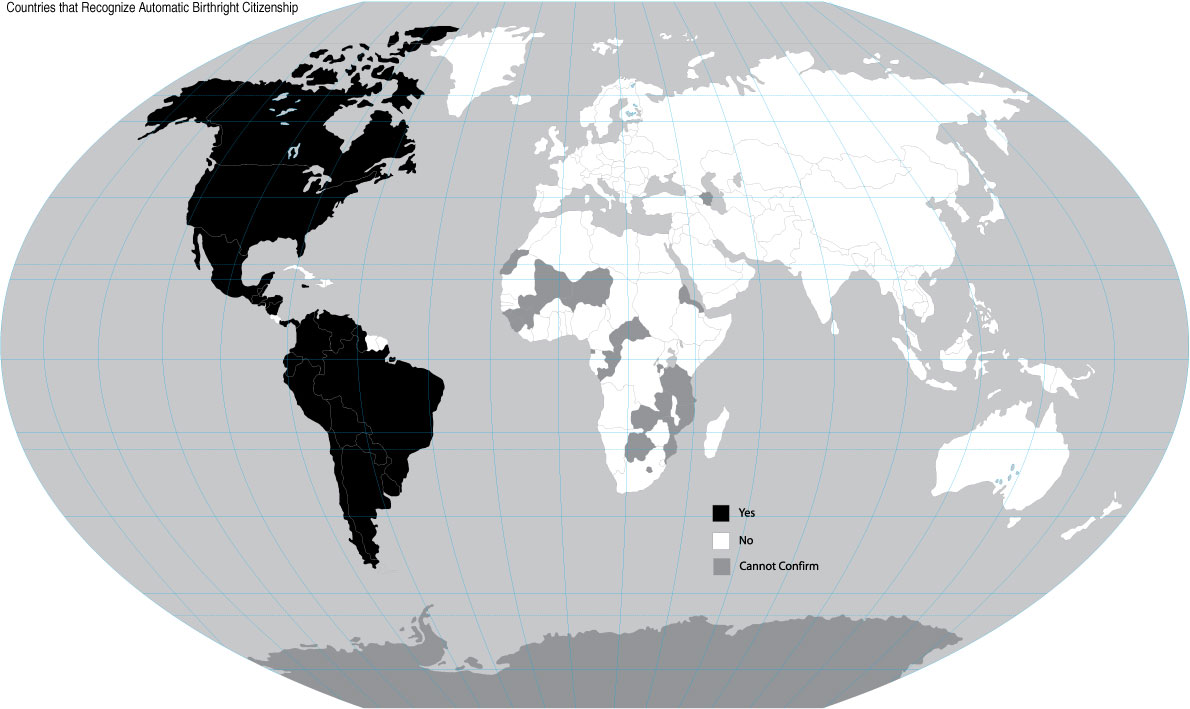The Economist comments on Canada's repugnance towards paying Canadians to donate blood plasma (when you can buy as much as you need from U.S. donors..see
previous posts.)
Vital fluids
America’s booming blood-plasma industry
Paid-for plasma is both less exploitative than often recognised, and invaluable
"The World Health Organisation lists immunoglobulins and coagulation factors—both plasma-derived products—as essential medicines. Yet poor countries are often desperate for them and rich countries rely on American imports. Without financial incentives, supplies are hard to come by. “It’s not in people’s nature”, says Mr From, “to let a phlebotomist poke a needle in your arm and suck your blood out.”
**********
Vein attempts
Bans on paying for human blood distort a vital global market
The market in life-saving blood-plasma products depends on Americans who are paid for it
"The global demand for plasma is growing, and cannot be met through altruistic donations alone. Global plasma exports were worth $126bn in 2016—more than exports of aeroplanes. But paid plasma raises ethical, social and medical concerns: that it will lead to health catastrophes, as in the 1980s when tainted blood spread HIV and hepatitis; that it exploits the poor; and that it reduces the supply of “whole” blood, which is almost all donated voluntarily.
"None of these worries is well-founded. But Canadian reservations about paid plasma are shared across most of the world. America, China, parts of Canada and some European countries are among the few places that permit it. Those countries are extremely effective in securing supplies: three-quarters are collected in America alone, and another 10% in China, Germany, Hungary and Austria, where payment is also allowed. Of over 1,000 plasma-collection centres worldwide, 700 are in America. Jan Bult, head of a trade association representing companies that manufacture more than half of the world’s plasma products, says none collects plasma in countries that have banned compensation.
"Only countries that pay for plasma are self-sufficient in it. (Italy, where donors are given time off work, is close to self-sufficiency.) Half of America’s plasma is shipped to Europe—20m contributions-worth. Canada imports 80% of its plasma products from America. Australia imports 40% of its plasma products, too.
"Drug firms from countries that have banned pay-for-plasma do much of their collection in America. Three of the largest collection companies are European: Grifols of Spain, Shire of Ireland and Octapharma of Switzerland. The parent company of another big collector, CSL Behring, is Australian. Together these four firms run nearly eight out of ten plasma-collection centres. Some of their manufacturing capacity is in America, but much is located elsewhere. Switzerland, which collects very little plasma, exported $26bn-worth of plasma products in 2016.
...
It remains legal to pay for whole-blood donation in America today. But hospitals refuse to accept it. Today’s plasma, however, is safe from the contamination risks of the past. Modern screening and sanitisation are extremely effective. Graham Sher, chief executive of Canadian Blood Services, a non-profit, says plasma products from paid donors are “as safe as those from our unpaid donors”.
Other prejudices against pay-for-plasma are equally deep-seated. Some data, for example, lend weight to the suspicion that it preys on the poor. American plasma centres are concentrated in less well-off bits of the country. Typically they are in postal districts where 27.4% of the population are poor, according to The Economist’s analysis of census data. This is much higher than the average American poverty rate of 16.5%.
The other worry, shared by Dr Sher, is that paying for plasma may lead to a reduction in whole-blood donation. But, if that were true, the problem would be intensifying, as pay-for-plasma centres have nearly doubled worldwide in the past five years. But Peter Jaworski, of Georgetown University, is sceptical, suggesting that, anecdotes aside, the evidence shows paid plasma donation “does not crowd out voluntary blood-donation”. Americans, for example, continue to donate as much voluntary blood per head as do Canadians.
The aversion to paid-for plasma carries its own risks. According to Grifols, the geographic imbalance puts supplies of plasma products at risk. At the plasma industry’s main annual conference, held this year in Budapest in March, over-reliance on imports from America was a hot topic. Representatives from several countries (including Canada) recognised they must do more to diversify their supplies. Making it legal to pay for plasma is an obvious first step."
This article appeared in the International section of the print edition under the headline "Thicker than water"
Print edition | International
May 10th 2018
*************
And here's a letter to the editor
https://www.economist.com/letters/2018/06/02/letters-to-the-editor. (The highlighted sentence seems to reflect that the editor who decides what letters to publish is a different person than the economics editor who writes that I study repugnance only to dismiss it, and whose views I remarked on
here and
here.)
"In your series of articles advocating for payments to plasma donors, you stress the positive supply effects that payments may have. Appeals to increased efficiency, however important, are unlikely to persuade politicians and the public when the opposition to payments resides in deep-rooted ethical concerns. Starting with the seminal work of Nobel laureate Alvin Roth, economists have begun to seriously consider how to design effective market mechanisms while respecting moral beliefs, in order to reach a virtuous balance in the trade-offs between morality and efficiency.
"Based also on our own research on ethically contentious transactions, we would suggest that policymakers collect two types of evidence before adopting extreme policies such as outright bans. First, pilot projects would help assessing the impact of various policy options. Second, policymakers should inform the public about this evidence, and take into account the ensuing prevailing opinions and ethical concerns in the population, instead of being based on pressures (in one direction or the other) from vocal but often scarcely representative groups.NICOLA LACETERAUniversity of TorontoMARIO MACISJohns Hopkins UniversityBaltimore, Maryland 




